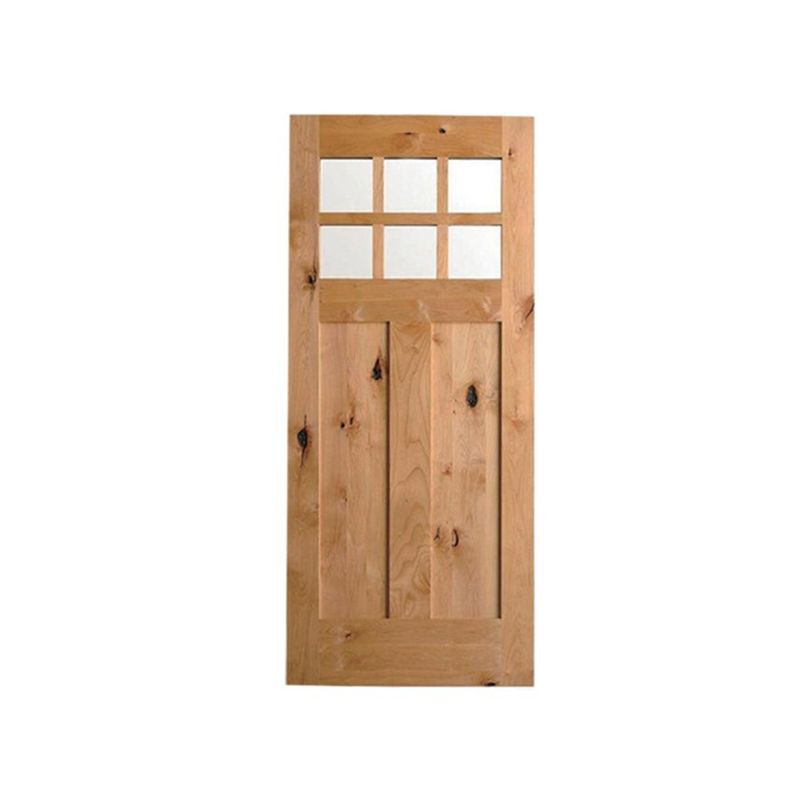2025-10-17

When choosing interior or exterior doors, reliability is often a key concern for homeowners and builders. Composite wooden doors have gained attention as a practical and durable solution that combines the natural appeal of wood with the performance benefits of engineered materials. But what exactly makes these doors reliable? Let's take a closer look at the features that contribute to their strength, stability, and long service life.
A Composite Wooden Door is made by blending different materials such as solid wood, high-density fiberboard (HDF), and resin or polymer binders. This layered construction improves consistency and minimizes common wood-related issues.
| Layer | Function |
Material Type |
| Outer Surface | Aesthetic finish & protection |
Natural veneer or PVC laminate |
| Core | Structural stability |
Engineered wood or solid timber |
| Reinforcement | Strength & resistance |
Resin or composite fillers |
This combination allows the door to maintain the warmth and look of real wood while reducing the risk of warping or cracking that often affects solid wood doors.
One of the main reasons Composite Wooden Doors are considered dependable is their resistance to moisture and temperature fluctuations. Unlike traditional wooden doors that can swell or shrink with humidity, the composite structure minimizes these effects. This stability makes them suitable for areas like bathrooms, kitchens, and exterior entrances where humidity levels can vary significantly.
The protective outer coating also prevents water absorption, helping the door retain its shape and finish for years without the need for frequent maintenance.
The durability of a Composite Wooden Door lies in its engineered composition. The bonded layers distribute pressure evenly, providing better resistance against impact and daily wear. Whether installed in a residential hallway or a commercial office, the door can handle regular use without easily denting or scratching.
In addition, many composite designs include internal reinforcements or fire-resistant cores, enhancing both safety and strength.
Another advantage of Composite Wooden Doors is their excellent insulation performance. The dense materials used in the core reduce heat transfer, helping maintain indoor temperature and improve energy efficiency. They also offer good sound insulation, which is valuable in offices, bedrooms, and apartment buildings where privacy and noise reduction are important.
Composite doors are available in a variety of colors, patterns, and finishes. Homeowners can choose between natural wood grain effects, painted finishes, or PVC laminates to match interior styles. The surface is typically smooth and sealed, making it easy to clean with just a damp cloth—no polishing or re-staining required.
This ease of maintenance adds to the reliability factor since the doors maintain their appearance with minimal effort.
The reliability of Composite Wooden Doors comes from their smart construction, moisture resistance, long-lasting durability, and low maintenance needs. They provide the appearance of natural wood while solving many of its weaknesses. For homeowners and builders seeking a practical balance between beauty and function, these doors represent a dependable choice that performs well in various environments.
